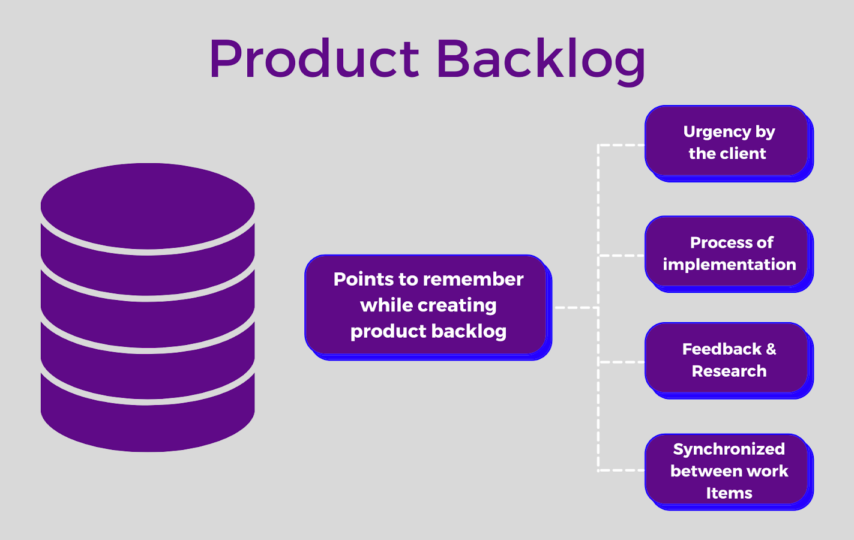The software development industry has grown tremendously over the years, and better innovations are hitting the market on a daily basis. It has become easy for teams in an organization to structure and manage their work through a set of practices, principles, and values. Top-notch technologies like Agile are broken down into sprints that take the projects closer to completion.
To successfully manage sprints in your projects, you must prioritize planning and have a clear goal. Your plan should include a product backlog and ensure the work gets done within the stipulated time. This guide will offer a clear overview of sprint projects and help you and your teams succeed in effective planning.
Let’s get started.
An Overview of Sprint Backlog- Be on the Know
Sprint backlog is a set of items a cross-functional product team selects from its product backlog to achieve anticipated goals. The checklist includes a list of user stories, tasks, and incredible criteria a team must deliver within a set time frame. These are aspects that teams must address during sprint planning.
A key concern is ensuring the team understands all tasks and develops the right plans. Other key things to do will include:
- Analyzing the list
- Undertake capacity management
- Figure out what they can do
- Make a plan to execute
If you are investing in such technology for the first time, you may wonder how it fits into your agile project. Well, the good thing is you must create your backlog at the planning stage of the sprint. Other essential things to consider include:
- The items you use to create your backlog come directly from the product backlog.
- You can change the product backlog with the realities of the market. However, the sprint backlog should remain fixed throughout the set duration.
- A regular grooming session ensures that sprint planning meetings are productive. The team will quickly identify the right tasks for the next project.
- The best items are well-groomed to prioritize product backlog and represent your next sprint.
- If your team cannot complete or begin certain sprint backlog items, you can choose to add those unfinished tasks to another project. If not, you can also add the unfinished project to the product backlog so you can address it again in the future.
Streamline Your Sprint Backlog Projects- Know the Benefits
A sprint backlog provides many perks to your agile team. It makes it easy to clarify the expectations and scope of the print. It will also be easier to break down the work into manageable portions. Fostering good communication and collaboration among team members has become easier with the right sprint backlog checklist.
You no longer have to struggle with tracking the progress and performance of your team. All your team needs is to self-organize and adapt to changes to make your backlog stand out. A sprint backlog ensures the items meet your customer’s feedback and needs.
To stand out in your endeavors, consider the following:
- Review the product backlog and select the user stories that are feasible or relevant for the sprint.
- Define the approval criteria and the definition of completed user stories.
- Estimate the time and effort necessary for each project
- Assign the team with different user stories according to their availability and skillsets.
- Organize them sequentially or logically to avoid any delays or misunderstandings.
- Review and validate the sprint checklist with the team and product owner and make necessary improvements or changes.
Summing Up
Are you stuck and don’t know how to create your sprint in all your projects? Worry no more. Sprint backlog includes a set of product backlog items that help plan and achieve your goals. The development team will have a clear overview of what it needs to do and execute projects within a sprint. The team has to plan and break down the items from the product backlog into easy-to-comprehend and detailed tasks. However, you must plan, execute, and evaluate your item checklist to complete and deliver high-quality projects.





